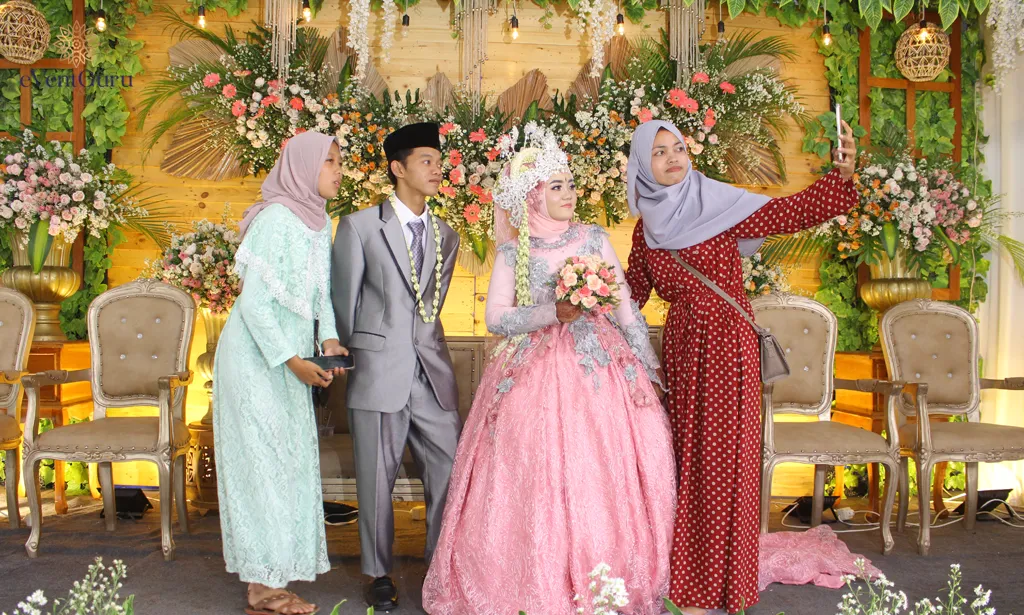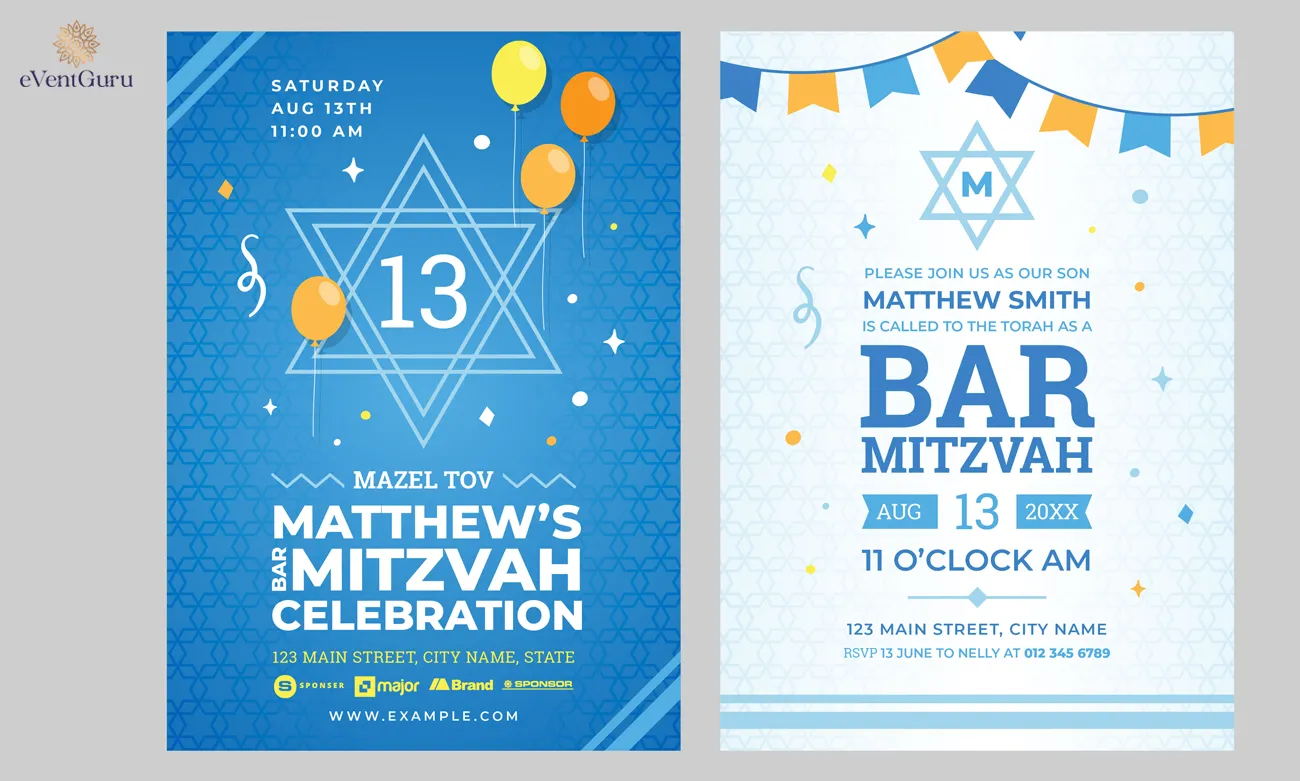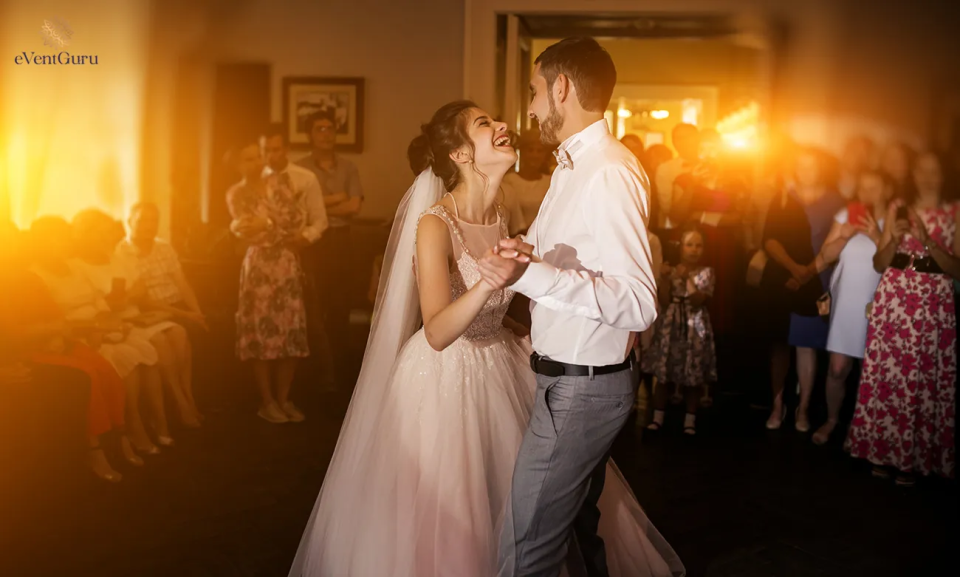Planning Your Multicultural or Interfaith Wedding
A wedding is a celebration of love, but for couples from different cultural or religious backgrounds, it's also an opportunity to create a beautiful blend of traditions. Planning a multicultural or interfaith wedding ceremony requires a thoughtful balance of respect, understanding, and creativity. As the world becomes more interconnected, these weddings become increasingly common, symbolizing a true union of hearts across the cultural divide. This guide aims to help couples navigate the exciting journey of planning a wedding that honors and celebrates both partners' backgrounds.
Understanding Each Other's Traditions
The first step in planning a multicultural or interfaith wedding is understanding each other's traditions, customs, and religious ceremonies. This includes learning about the significance of different rituals and deciding which ones to incorporate into your wedding.
Creating a Blend of Traditions
Once you grasp each other's traditions, the next step is to figure out how to blend them into a cohesive ceremony. This could mean alternating between customs from each culture or religion or creating new traditions incorporating elements from both.
Communicating with Family and Guests
Clear communication is key when planning a multicultural or interfaith wedding. Discussing your plans with your families and ensuring they understand and support your decisions is essential. Additionally, consider briefly explaining the different customs and rituals you'll be incorporating with your guests.
Involving Religious Leaders
Multicultural or interfaith weddings often involve leaders from different religious communities. Speaking to them early in the planning process is crucial to understand their requirements and limitations. Some may be open to co-officiating the wedding, while others prefer separate ceremonies.
Tip: Do not shy away from asking questions and expressing your desires. It's your special day, and religious leaders can offer valuable guidance in creating a meaningful ceremony that respects both faiths.
Choosing a Neutral Venue
Selecting a neutral venue is an excellent way to balance the religious aspects of an interfaith wedding. This could be a banquet hall, a beach, a garden, or a place that doesn't favor one faith over the other. Alternatively, you could hold two ceremonies at different locations.
Consider a Fusion Menu
Food is a key part of any celebration. Regarding a multicultural wedding, a fusion menu can be a great way to honor both cultures. Collaborate with your caterer to create a menu that includes dishes from both backgrounds, ensuring a gastronomic experience as diverse as your union.
"Creating a fusion menu for your multicultural wedding not only pays homage to your unique backgrounds but also provides a delightful culinary experience for your guests." - Leading Wedding Caterer
Also Read: latest trends in wedding cakes and desserts
Respecting Cultural Dress Codes
If cultural or religious dress codes are involved, it's important to communicate this to your guests. You might also consider wearing different outfits for different parts of the ceremony to honor both backgrounds.
Invitation and Wedding Program
Creating wedding invitations and programs that reflect your unique fusion can be a creative and meaningful process. Use these tools to share the significance of the traditions and customs you'll incorporate. This educates your guests and makes them feel more involved in your celebration.
Entertainment and Decor
From music and dance to decor, these elements offer ample opportunities to showcase your diverse backgrounds. You could hire performers from both cultures or mix traditional and contemporary decor elements.
Photography and Videography
Capturing the unique aspects of your multicultural or interfaith wedding is crucial. Hire professionals experienced in covering such events and can respectfully document the different traditions.
Insight: With the rising trend of bespoke and unique wedding celebrations, there's been a noticeable increase in couples opting for professional videography to treasure every moment of their special day.
Planning a multicultural or interfaith wedding ceremony might seem daunting. Still, careful consideration and a respectful fusion of traditions can result in a beautiful celebration of love and unity. Remember, it's all about compromise, understanding, and honoring the uniqueness of each other's cultures and faiths. And don't forget, with platforms like eVentGuru.com, hosting and managing such an event becomes a breeze!
Ready to begin planning your multicultural or interfaith wedding? Turn to eVentGuru, your one-stop platform for seamless event hosting and management.
Also Read: historic wedding venues worth the extra cost for a timeless wedding
Key Takeaways
- Understanding each other's traditions is the foundation of planning a multicultural or interfaith wedding.
- Communicate openly with family, guests, and religious leaders, ensuring everyone feels included and respected.
- Use creative elements like a fusion menu, unique decor, and a blended music and dance program to celebrate your diverse backgrounds.
Frequently Asked Questions About Multicultural or Interfaith Wedding Ceremony
The first step is understanding each other's traditions and deciding which ones to incorporate into your ceremony.
Providing a brief explanation of different customs in the wedding program can help guests understand and appreciate the ceremony.
Yes, some couples opt for two ceremonies to fully honor both faiths. Discuss this with your partner and respective religious leaders.







